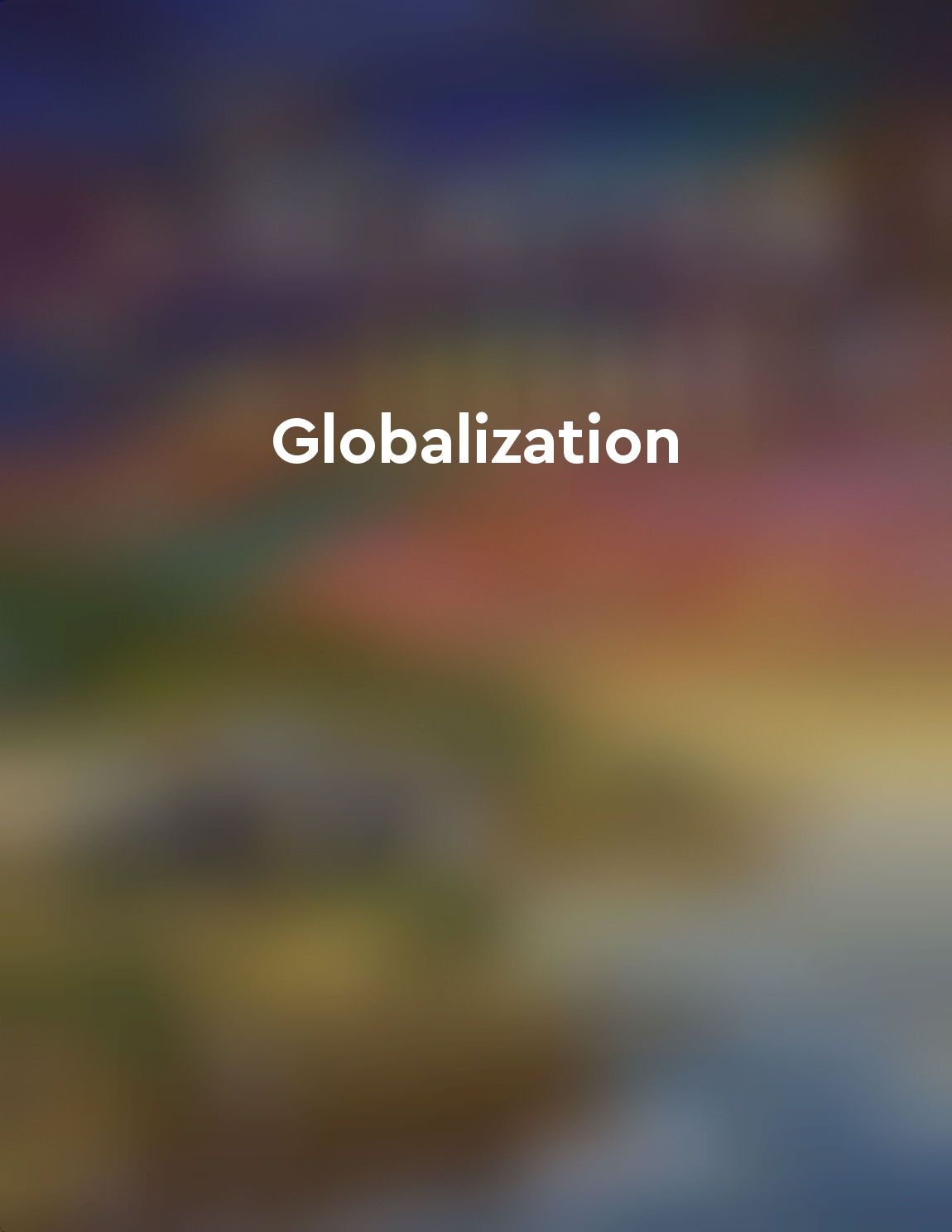Challenges of political governance from "summary" of The Sovereign Individual by James Dale Davidson,William Rees-Mogg,Lord William Rees-Mogg
Political governance faces significant challenges in the modern world. The rise of technology and the increasing interconnectedness of societies have fundamentally altered the traditional power structures that have long governed human societies. These changes have made it increasingly difficult for governments to control and regulate their citizens effectively. One of the primary challenges of political governance in the digital age is the erosion of state authority. As individuals gain greater access to information and resources, they are less reliant on the state for their basic needs. This shift has weakened the traditional social contract between citizens and the government, making it harder for authorities to enforce laws and regulations. Furthermore, the emergence of decentralized technologies, such as cryptocurrencies and blockchain, has further undermined the power of governments. These technologies enable individuals to transact and communicate securely without the need for traditional intermediaries, such as banks or government agencies. This decentralization of power has made it harder for governments to track and monitor the activities of their citizens, posing a significant challenge to their ability to govern effectively. Additionally, the global nature of modern society has made it increasingly difficult for governments to address complex issues, such as climate change or terrorism. These challenges require coordinated action on an international scale, which can be difficult to achieve due to the competing interests of different nations. As a result, governments often struggle to find effective solutions to these pressing issues, further undermining their legitimacy in the eyes of their citizens.- The challenges of political governance in the modern world are significant and multifaceted. The erosion of state authority, the rise of decentralized technologies, and the global nature of society all pose unique challenges to the ability of governments to govern effectively. As we continue to navigate these challenges, it will be essential for policymakers to adapt to the changing landscape of power and find innovative solutions to address the complex issues facing our world today.
Similar Posts
We need to fight for our rights
The idea that we must stand up and defend our rights is not a new one. Throughout history, individuals and groups have fought f...
Cultural shifts and evolving norms
In the near future, society will experience significant changes in cultural values and norms. This transformation will be drive...
Bitcoin miners compete to validate transactions and earn rewards through a process called proof of work
Bitcoin miners are the backbone of the network, responsible for securing the system and processing transactions. They act as au...
Diminishing influence of nationstates
The modern world is witnessing a profound shift in power dynamics, as the traditional authority of nation-states begins to wane...
Cryptocurrency basics explained
Cryptocurrency basics are an essential foundation for understanding the world of digital assets. At its core, cryptocurrency is...

Spread of goods and ideas
The interconnectedness of the modern world has led to a rapid dissemination of goods and ideas across borders. Products manufac...
Tokenization can democratize investment opportunities
Tokenization has the potential to revolutionize the way investments are made, by making access to investment opportunities more...

Human rights issues
Human rights issues are a crucial aspect of the globalization phenomenon. As the world becomes more interconnected, the spotlig...

